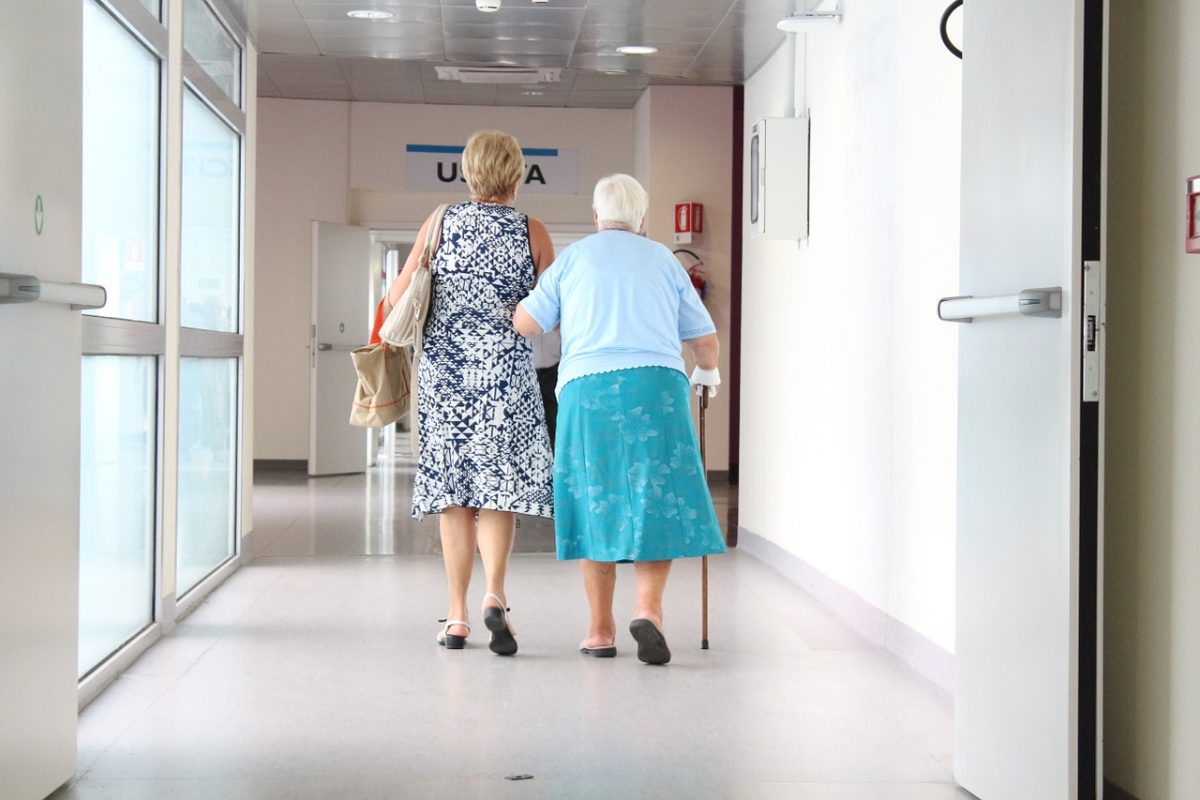These factsheets provide more information about each of the provisions in the act.
The latest estimates from the Family Resources Survey indicate that 14.6 million people in the UK had a disability in the 2020/21 financial year. This represents 22% of the total population.
The proportion of the population reporting a disability has risen by four percentage points over this period, up from 18%. Most of this increase has been observed over the past decade, with disability prevalence up by three percentage points from 19% in 2010/11 to 22% in 2020/21.
New analysis published by the Health Foundation’s REAL Centre warns that without urgent, significant policy action, the NHS in England is facing a crippling shortage of GPs and general practice nurses over the coming decade.
As the UK exits the most acute phase of the COVID-19 pandemic, attention has turned to ‘long COVID’, which is on the rise and becoming no less severe. We use data from the UK Household Longitudinal Study, collected during 2021, to learn more about the characteristics of long COVID sufferers, and to assess the impact long COVID has on labour market outcomes including hours, earnings and employment.
Sets out how health and care systems should support the safe and timely discharge of people who no longer need to stay in hospital.
Information for anyone attempting to gain access their own, or somebody else’s, medical records.
Supported Housing Improvement Programme will help councils in worst-affected areas tackle bad quality and poor value for money in supported housing.
This briefing paper explains the duty on private landlords to protect tenants’ deposits. It discusses ongoing issues with tenancy deposit protection and proposed reforms in England.
This briefing gives an overview of rising prices, particularly food, energy and fuel prices, including the effect of the conflict in Ukraine. It outlines Government support as well as how inflation, interest rates and other policies which will affect household budgets.
Guidance on getting an extra payment to help with the cost of living if you’re entitled to certain benefits or tax credits.





